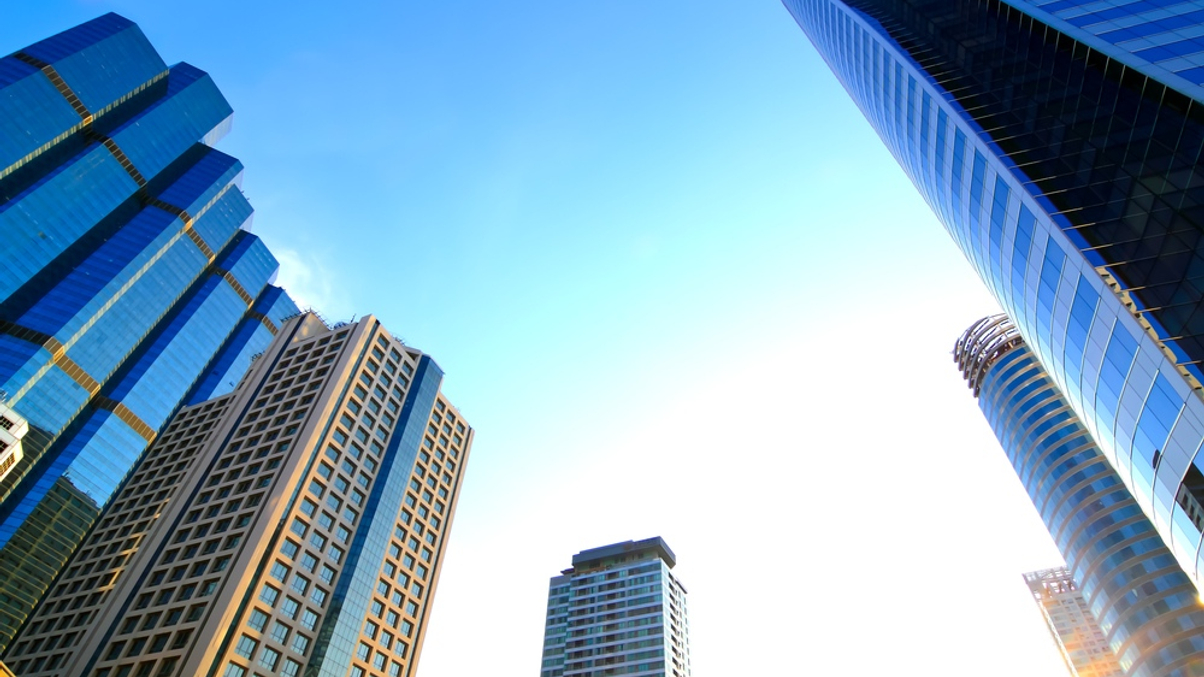Asia property deals tipped for record high
Cross-border flows have become a bigger driver of Asian real estate investment volume, with Singapore displacing China as the region's biggest exporter of capital into property.

Property deal volume in Asia is set to hit an all-time high this year, said Graham Mackie, chairman of the investor advisory board of the Asian Association for Investors in Non-Listed Real Estate Vehicles (Anrev). but he did not provide a figure.
Sign in to read on!
Registered users get 2 free articles in 30 days.
Subscribers have full unlimited access to AsianInvestor
Not signed up? New users get 2 free articles per month, plus a 7-day unlimited free trial.
¬ Haymarket Media Limited. All rights reserved.


